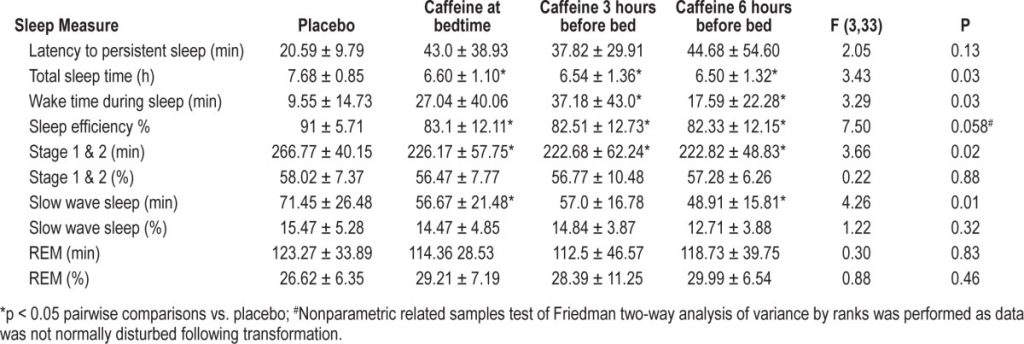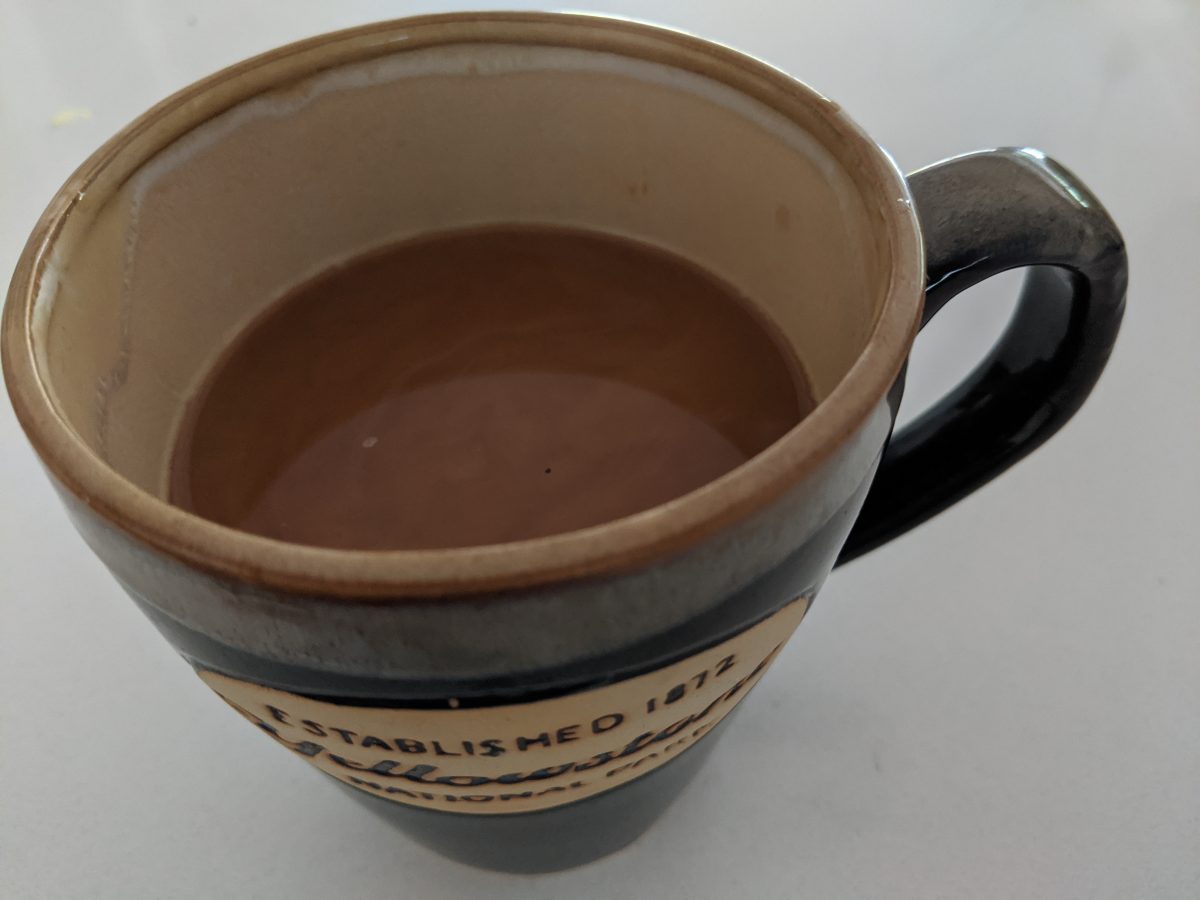I drink too much caffeine. In college, I was notorious for drinking multiple cans of coke a day. In grad school, I made the switch to Diet and lost 10 pounds in a month. That was my peak Chipotle phase, too, clocking in around 175.
In the past few years, since moving to California, I’ve drastically reduced my caffeine intake from Coke (having made the switch to Coke Zero, which my crude palette likes as much if not better than original Coke, and miles better than Diet). I basically order it when we eat out, which is a few times a month, and on weekends once in a while. I estimate that I currently drink 5-10 cans a month.
However, I inhale coffee. I have at least two (large) cups in the morning (one on waking up either at home or at Starbucks, another on reaching work) and another in the afternoon (usually to stave off hunger from intermittent fasting). I also will make a cup in the evening if I need to stay up, and on weekends I typically have a few cups too. I estimate that I drink about 75 cups of coffee a month.
I can’t give up on coffee. I’m not really an aficionado of the taste – I can tell great coffee from terrible, but good vs bad coffee is not always clear. Low standards indeed, because for me it is purely functional. I did go nuts over Pumpkin Spice for a while but I’m well and truly over that now. My go-to drink at Starbucks is a flat white with sugar free hazelnut and vanilla, just enough flavor to keep me interested but not attentive. The bottom line is, I don’t get enough sleep, so I drink coffee.
However, caffeine after 2:00 pm has long been shown to interfere with sleep:
- Caffeine consumed 0, 3, and 6 hours before bedtime significantly reduced total sleep time. Even caffeine consumed 6 hours before bed reduced total nightly sleep amounts by more than 1 hour.
- Caffeine consumed at all three points diminished sleep quality. Caffeine taken 3 and 6 hours before bedtime, as well as caffeine consumed at bedtime, significantly increased the amount of time spent awake during the night.
- Disruptions to sleep as a result of caffeine were perceived by volunteers (as recorded in sleep diaries) for caffeine consumed at bedtime and 3 hours before bed, but were not reported for caffeine taken 6 hours before bed. However, sleep monitors measuring total sleep time and sleep efficiency (time spent sleeping relative to total time spent in bed) showed that caffeine consumed 6 hours before bedtime had significant detrimental effects to both.
That third point is the most surprising. It means that even if you don’t perceive an impact on your sleep, there still may be one. I haven’t tried to replicate the study on myself because I don’t have/want a sleep tracker, but the point is compelling.
(Here’s a full-text link to the actual study)
This makes it easy to resolve to stop drinking caffeine after 2pm and limit myself to two cups of coffee a day. I’ll just switch to water (which I drink a lot more of since buying myself a cool hydroflask with a Joshua Tree design).



